CFP: ATDS for ATHE Conference: “The Realness”
Association for Theatre in Higher Education (ATHE) Conference
July 28 – August 1, 2025, Online
Submissions Due December 19
Amplifying ATHE’s call for us to engage with “The Real” in our 2025 Conference, ATDS invites proposals addressing the theme of “The Realness.” We recognize the existential realities that artists, scholars, and educators confront today and seek submissions that explore the aesthetic, social, and political implications of staging “realness” in theatre and performance across the Americas.
In recent years, the concept of “realness” has evolved beyond a marker of authenticity into a charged and contested space within performance studies and the political arena, drawing attention to how we perceive and enact reality on and off the stage. Our current socio-political landscape, with rising systemic inequities, sharply drawn ideological divides, and threats of fascism, necessitates a critical reflection on the multiple layers of realness. Our call asks how theatre and performance both represent and contest “real world” issues stemming from systemic racism, patriarchy, precarity, ableism, and other intersecting oppressions when there exist competing claims to Truth, since many believe harmful falsehoods about migrants or do not believe trans people are real. How can our fields navigate, interrogate, and possibly reimagine the “real” amid such discord to support those really under threat?
Submissions may consider the following questions:
What is the “real” in performance, and who decides? As artists and audiences navigate authenticity and illusion, Erika Fischer-Lichte’s concept of “betwixt and between” highlights the theatre’s liminality, suggesting that “realness” is an ever-shifting state rather than a fixed truth.
How does performance respond to socio-political realities? Recent scholarship emphasizes the theatre’s role in reflecting and resisting ideological structures, creating a mirror where audiences may confront the “hard truths” of their worlds.
How does “realness” as a runway category in drag culture shape not only contemporary theatre, performance, and dance but also gender, identity, and spectacle? As RuPaul’s lyrics in “The Realness” assert, there’s an empowering possibility in crafting and embodying an “ideal” self, with all its exaggerations and contradictions, against a backdrop of constrictive norms.
How have colonial power dynamics influenced theatrical representations and realities in Latin America, the Middle East, Africa, and South Asia, where performance can challenge and/or reinforce legacies of European and U.S. American empires? Scholars like Elizabeth Maddock Dillon, Patricia Ybarra, and Nandi Bhatia invite us to address how theatre interrogates questions of identity, resistance, and cultural memory in response to enduring colonial and neo-colonial forces.
What does it mean to mediate the real through performance? Building on the sociologists Sheldon Messenger, Harold Sampson, and Robert D. Towne’s “Life as Theater” approach, we encourage work considering the boundaries and fluidity between performance and life.
Submissions may draw from an array of perspectives and methodologies, including (but not limited to):
Explorations of realism, non-fictional and docudrama forms, and their capacities to present “truth.”
Studies in the dramaturgical approaches to social reality and how these are challenged or reinforced through theatre.
Analysis of intersectional identity and representation within the context of realness on stage.
Performance and applied theatre works that actively engage with issues of social justice and community, fostering direct audience engagement with social reality.
Pedagogical sessions that engage with innovative teaching strategies that foster anti-oppressive frameworks and curricula, student reflexivity, critical awareness, and engagement practices to address the complexities of “realness” in performance.
As a reminder, this year’s conference will be all online. This round of submissions is for “fully formed sessions.” A session coordinator should helm each proposal and have at least three presenters, a title, and a session description. (Presentation titles for each participant are optional at this point). If you have a compelling idea for a session and you are seeking partners, then please reach out to ATDS members via our listserv and to our Conference Planner, Samuel Yates.
We welcome creative approaches to submissions for panels, roundtables, performance-based presentations, and interactive workshops. Submissions should aim to explore how we embody the “real,” presenting performances that bridge audiences’ lived experiences with the creative acts of witnessing and questioning.
Submission Guidelines: The web portal will open for the 2025 Summer Conference Submissions on December 2, 2024. Please submit a short abstract of 250-300 words and the information requested in the ATHE portal by December 19, 2024 (11:59 p.m. Eastern). Submissions that draw from multiple disciplines, media, and innovative theatrical methods are particularly encouraged. We aim to foster conversations that are diverse, inclusive, and critically engaged with our theme. As in recent years, there will be a second round of submissions for additional participants in accepted sessions due March 14, 2025. The submission portal will be available through ATHE’s website.
Scheduling Note: ATDS is excited to use our available organizational resources to participate fully in the summer online conference, so please note that this CFP is for submissions to the ATHE 2025 Conference from Monday, July 28 – Friday, August 1. We encourage our members to submit to other sessions in the ATHE Spring Symposia Days (Saturday, February 22; Friday, March 14; and Friday, April 4), and we want to lift up participating Focus Groups such as the Black Theatre Association. ATDS will continue with its 2024-2025 pre-planned free online events on alternate dates, including our Anti-racist Initiatives, Career Conversations, and First Book Bootcamp. To learn more about ATDS’ year-round programming and to become a member, visit https://www.atds.org/. We look forward to engaging with you virtually–for real!
